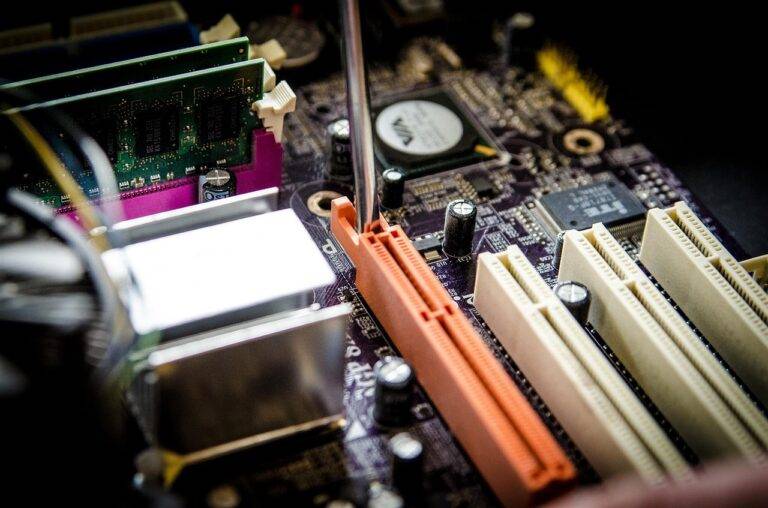The Ethics of Autonomous Vehicles: Ensuring Safety and Accountability in Self-Driving Cars
As self-driving cars become more prevalent, programmers face complex ethical dilemmas in designing autonomous vehicles. One pressing issue is determining how these vehicles should prioritize the safety of passengers versus pedestrians in potential accident scenarios. Should a car prioritize protecting its passengers over avoiding hitting pedestrians, or vice versa?
Another ethical consideration is the question of accountability and liability in the event of accidents. Who should be held responsible if a self-driving car is involved in a collision – the programmer, the manufacturer, or the owner? Addressing these ethical concerns is crucial for ensuring the safe and responsible integration of autonomous vehicles into our society.
The Role of Artificial Intelligence in Decision-Making in Self-Driving Cars
Artificial intelligence (AI) plays a crucial role in the decision-making process of self-driving cars. These sophisticated machines are equipped with algorithms that enable them to analyze vast amounts of data in a matter of seconds. When faced with a complex scenario on the road, AI algorithms work tirelessly to assess potential risks, evaluate possible actions, and determine the best course of action to ensure the safety of passengers and other road users.
Moreover, AI in self-driving cars is designed to continuously learn and adapt to new situations. Through machine learning techniques, these vehicles can improve their decision-making capabilities over time by studying past experiences and incorporating new information into their decision-making process. This ability to evolve and enhance performance makes self-driving cars not only efficient but also increasingly safe on the roads.
Legal Implications of Autonomous Vehicles in Accident Scenarios
Autonomous vehicles have brought forth a new set of legal considerations in accident scenarios. In the case of an accident involving a self-driving car, determining liability can be quite complex. Unlike traditional accidents, where the driver is typically at fault, accidents involving autonomous vehicles may raise questions about the role of the vehicle manufacturer, software developers, or even third-party technology providers in the incident.
Furthermore, the issue of data privacy and the collection of information from autonomous vehicles adds another layer of complexity to accident scenarios. As these vehicles collect vast amounts of data during operation, questions arise regarding how this data is stored, accessed, and used in the event of an accident. Ensuring the ethical and legal standards of data protection in these instances becomes crucial to uphold the rights of individuals involved in accidents with autonomous vehicles.
What are some ethical considerations in autonomous vehicle programming?
Some ethical considerations in autonomous vehicle programming include prioritizing the safety of passengers and pedestrians, balancing the value of human life in different scenarios, and ensuring the vehicle’s decision-making aligns with societal norms and values.
How does artificial intelligence play a role in decision-making in self-driving cars?
Artificial intelligence in self-driving cars processes data from sensors and cameras to make decisions in real-time, such as adjusting speed, changing lanes, and reacting to unexpected obstacles. AI algorithms are programmed to prioritize safety and follow traffic laws.
What are the legal implications of accidents involving autonomous vehicles?
The legal implications of accidents involving autonomous vehicles include determining liability between the vehicle manufacturer, software developer, and human operator, ensuring compliance with regulations and standards, and addressing issues of privacy and data security in the event of a crash.
Who is responsible in the event of an accident involving an autonomous vehicle?
Determining responsibility in the event of an accident involving an autonomous vehicle can be complex and may involve multiple parties, including the vehicle manufacturer, software developer, human operator, and potentially other drivers or pedestrians. Legal liability will depend on the specific circumstances of the accident.





